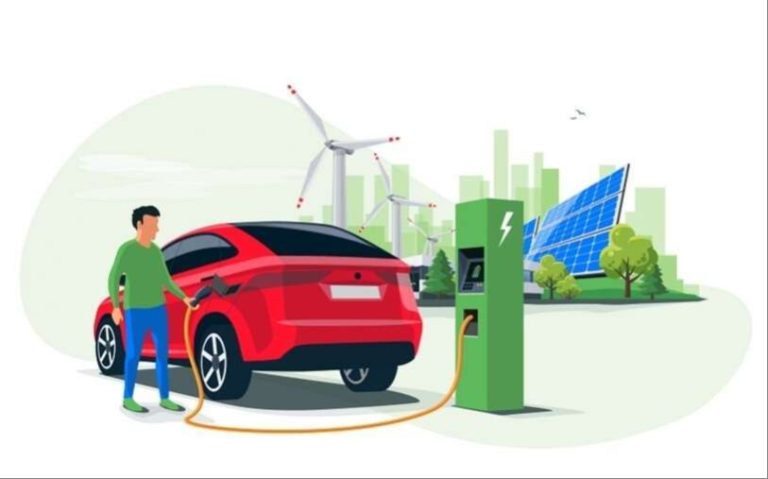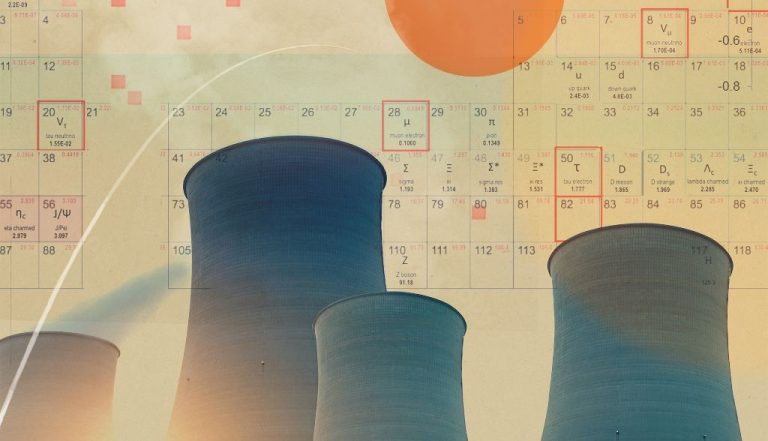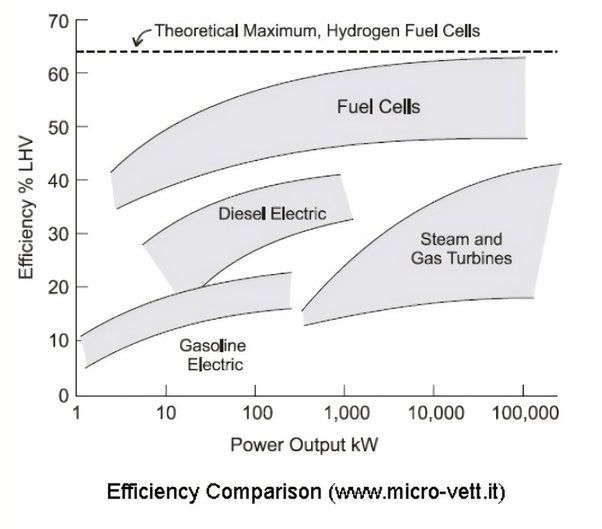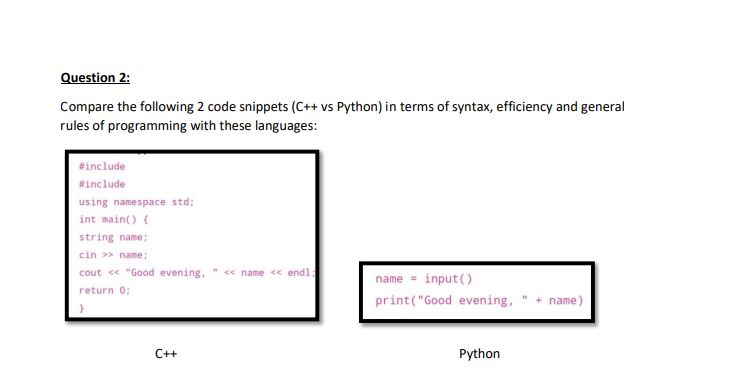What Is A Renewable Energy Consultant?

A renewable energy consultant is a professional who provides advice and services related to renewable energy sources like solar, wind, geothermal, biomass, and hydropower. They help clients reduce their environmental impact and reliance on fossil fuels by assessing renewable energy options, designing and implementing renewable energy systems, navigating policies and incentives, and more.
According to Unity University, renewable energy consultants “work with clients to reduce or eliminate the environmental impacts of their business.” Their goal is to assist organizations and individuals transition to cleaner, greener energy solutions.
Responsibilities
Renewable energy consultants have a wide range of core duties and day-to-day activities. Some of their main responsibilities include:
- Conducting energy audits and surveys to assess clients’ current energy use and identify opportunities for efficiency improvements and transitioning to renewable energy sources.
- Researching and evaluating renewable energy technologies like solar, wind, biomass, and geothermal to determine feasibility and suitability for clients.
- Creating financial models and cost-benefit analyses to demonstrate the return on investment from implementing renewable energy projects.
- Advising clients on choosing the optimal renewable energy systems and technologies to meet their needs and objectives.
- Assisting with permitting, procurement, installation, and maintenance of renewable energy systems.
- Staying up-to-date on renewable energy policies, regulations, incentives, and trends.
- Educating clients and community members about renewable energy and sustainability.
On a daily basis, renewable energy consultants conduct site visits, prepare proposals and reports, attend meetings with stakeholders, and research renewable energy solutions tailored to each client’s specific circumstances.
Qualifications
The main educational requirement to become a renewable energy consultant is a bachelor’s degree, usually in engineering, environmental science, business, or a related field (https://www.evergladesuniversity.edu/blog/how-can-i-become-a-renewable-energy-consultant/). Specializing in renewable energy management, environmental engineering, or sustainability provides good preparation for consulting roles.
Many employers prefer candidates with a master’s degree in engineering, environmental management, business administration or a related field. Advanced education demonstrates deeper knowledge and skills for analyzing complex projects.
While not always required, voluntary certifications like Certified Energy Manager (CEM) from the Association of Energy Engineers demonstrate up-to-date expertise. Completing energy auditor training may also be beneficial (https://www.indeed.com/career-advice/finding-a-job/how-to-become-energy-consultant).
Renewable energy consultants need both technical knowledge and business acumen. Coursework in renewable energy technologies, energy markets, project management, finance, and regulatory compliance provides a strong foundation.
Skills
Renewable energy consultants need a diverse set of technical and interpersonal skills to succeed in their roles. Some key technical skills include:
- Knowledge of renewable energy technologies like solar, wind, geothermal, biomass, and hydropower
- Understanding of energy audits, energy modeling software, and financial analysis of energy projects
- Ability to assess sites for renewable energy feasibility and system sizing
- Electrical, mechanical, and civil engineering principles related to energy systems
- Expertise in HVAC, lighting, building envelopes, and other energy efficiency measures
Important interpersonal skills include:
- Communication skills to explain technical concepts to clients
- Writing skills to produce reports, proposals, and documentation
- Presentation and public speaking skills
- Relationship building and customer service skills
- Teamwork and ability to collaborate with other professionals
Gaining proficiency across both technical and interpersonal areas allows renewable energy consultants to effectively assess client needs, recommend solutions, manage projects, and build long-term relationships.
Career Path
Many renewable energy consultants start out in entry-level roles in the energy industry to gain foundational knowledge. Common previous roles include solar panel installers, wind turbine technicians, energy auditors, and sustainability coordinators. Working in these hands-on roles provides an understanding of renewable energy systems and technologies. According to Unity University, many consultants also have backgrounds as environmental scientists or engineers. These roles provide training in systems analysis, project management, and analytical skills.
With several years of experience, renewable energy consultants may advance to leadership positions such as head consultant, renewable energy manager, or director of sustainability. These roles involve managing teams and overseeing large-scale projects. According to Everglades University, advancement opportunities depend on factors like education, certifications, and ability to bring in new business. Some consultants may also move into related roles like policy advisors or renewable energy researchers.
Challenges
Renewable energy consultants face a variety of challenges in their work (Source). Some of the most common difficulties and issues include:
Securing funding and investments for renewable energy projects, which can require substantial capital costs upfront (Source). Many clients need convincing on the long-term cost savings and environmental benefits.
Navigating complex and changing regulations, incentives, and policies related to renewable energy at the federal, state, and local levels (Source). Consultants must stay on top of these developments.
Managing stakeholder expectations and concerns, such as local community members worried about impacts to aesthetics or property values from wind and solar projects (Source). Strong communication skills are essential.
Adapting designs and solutions to the unique circumstances of each client, such as available renewable resources, land constraints, electricity demand, and existing infrastructure (Source). Cookie-cutter approaches rarely succeed.
Competing with the established fossil fuel industry and persuading clients to shift to renewable energy systems (Source). Consultants must demonstrate the advantages of renewables.
Work Environment
Renewable energy consultants typically work regular business hours in an office setting, although some travel is often required to visit client sites and project locations. The job involves a mix of desk work analyzing data and producing reports as well as site visits for energy audits, inspections, and meetings. The work schedule can fluctuate depending on deadlines and client demands, which may require working extended hours to complete projects on time. While the job does not typically require very frequent travel, consultants may need to visit project sites across a region or country which can involve being away from home for days at a time. Overall, the work lifestyle offers a good balance of office and field work for those who enjoy variety and don’t want to be stuck at a desk all the time.
According to Unity University, “Travel is an important part of the renewable energy consultant’s job. Consultants often split their time between working in a comfortable office and traveling to clients’ facilities” (https://unity.edu/careers/renewable-energy-consultant/).
Salary
The average salary for a renewable energy consultant in the United States is around $77,000 per year according to Glassdoor. Salaries can range from $55,000 for entry-level positions to over $120,000 per year for senior consultants with extensive experience. The hourly wage is approximately $45 per hour on average.
According to Salary.com, the average base salary is $64,978, with a range of $55,477 to $79,370. Total compensation including benefits can be $71,178 to $88,970 annually. Location, qualifications, experience and company size can impact salary levels.
In terms of geographic differences, renewable energy consultant salaries tend to be higher in states like California and New York where there is greater adoption of renewable energy. The specific city can also impact salary ranges, with larger metropolitan areas paying more. Bonuses, profit-sharing and commissions may also supplement base pay, especially for senior consultants who bring in new business.
Job Outlook
The job outlook for renewable energy consultants is expected to grow much faster than average over the next decade, as the renewable energy industry continues expanding at a rapid pace. According to Source, employment of renewable energy consultants in the US is projected to grow 24% between 2020-2030, adding over 21,000 new jobs. Source notes the renewable energy industry has an urgent need for skilled personnel to keep up with demand. Industry trends driving growth include declining costs of renewable technologies, government incentives and policies supporting renewables, and rising consumer/business interest in clean energy solutions.
Renewable energy consultants should have strong job security and expanding opportunities as more companies, organizations, and governments work to reduce carbon emissions and mitigate climate change. Consultants with expertise in cutting-edge renewable technologies like solar, wind, geothermal, and energy storage will be in especially high demand. Overall, the renewable energy consulting field offers excellent prospects for skilled professionals.
Getting Started
If you’re interested in becoming a renewable energy consultant, the first step is pursuing higher education. Many renewable energy consultants have at least a bachelor’s degree in engineering, environmental science, physics, or a related field. Some may also have a master’s degree or PhD for more advanced positions.
Completing internships in the energy industry during college can provide valuable hands-on experience. Look for opportunities at renewable energy companies, utilities, government agencies, and environmental nonprofits. This can help you gain skills and make professional connections.
When applying for renewable energy consultant jobs, highlight any relevant coursework, projects, or academic research you completed. Emphasize internship experiences and specialized training. Showing a passion for sustainability and renewable energy is also important.
Certifications can further boost your credentials. Some popular options include the Certified Energy Manager (CEM), LEED certification, and Certified Renewable Energy Professional (REP) designations. Continuing education is important for staying current on technologies and best practices.







